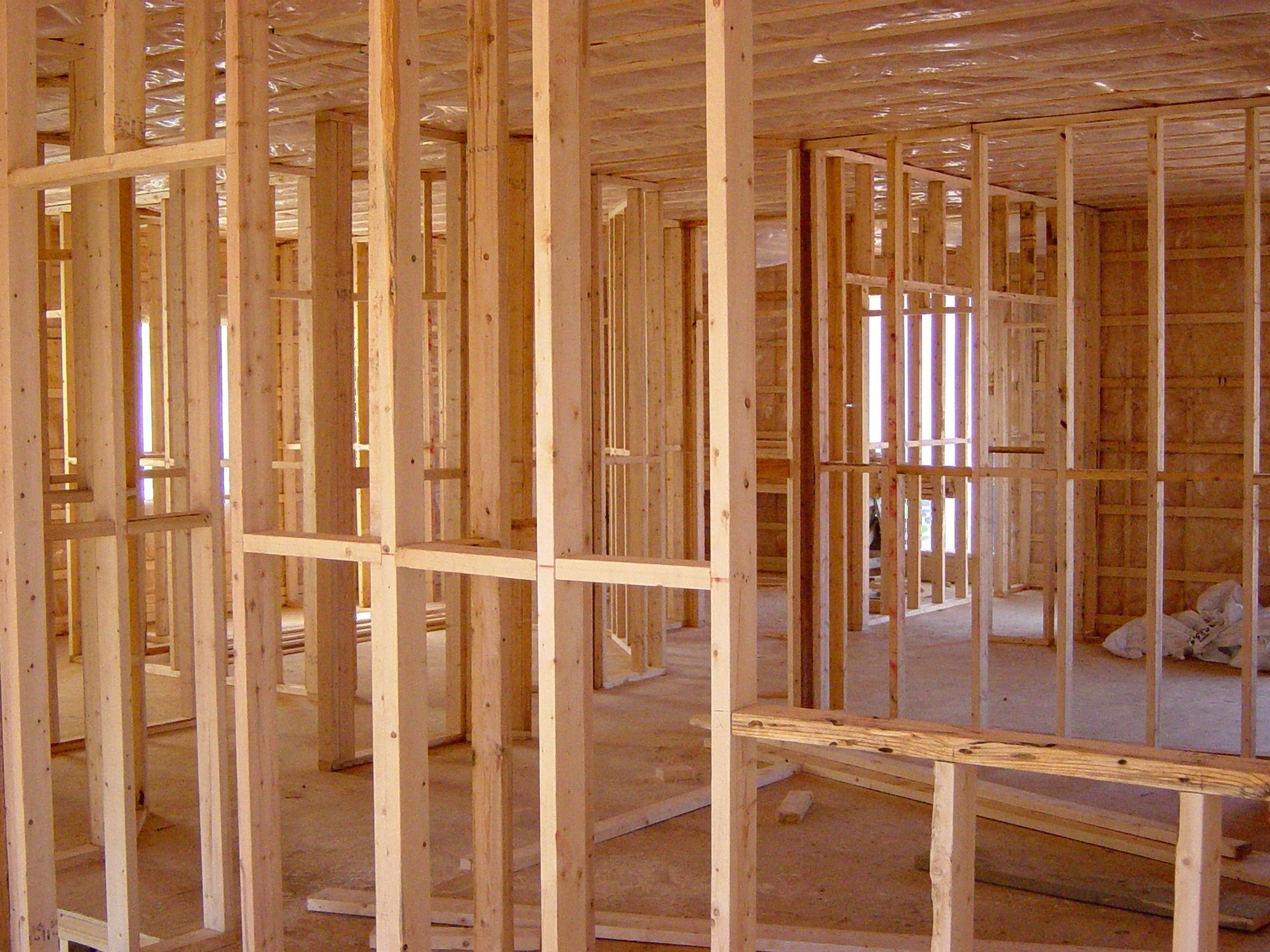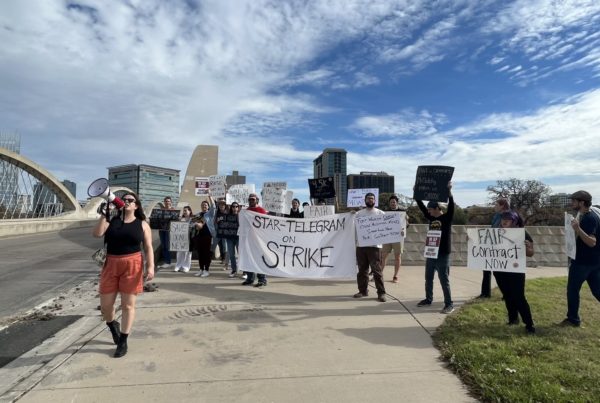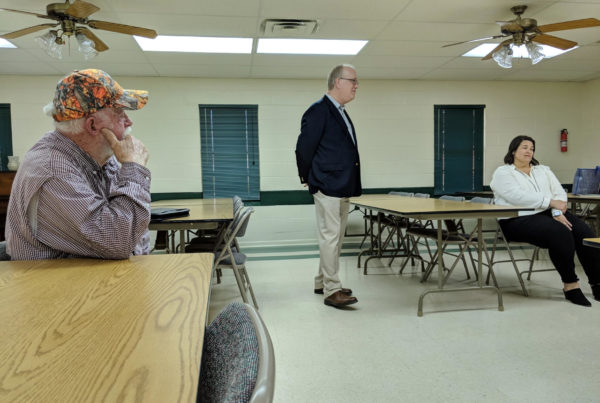Last week, the Houston Housing Authority voted to approve the acquisition and construction of 13 properties in Houston, Cypress and Spring – all with the goal of providing affordable housing to people in need and boosting the city’s housing supply overall.
The projects were approved by becoming something called public facility corporations. In exchange for making some units affordable, developers receive a 100% property tax break – a pretty big carrot in a state where property taxes can be steep.
One study found that on average, people who end up in these affordable rental units receive a subsidy of more than $7,000 a year on average.
University of Texas law professor Heather Way, the study’s author and an affordable housing expert, joined the Texas Standard to talk about this tool and why advocates like her think it needs to be overhauled.
This transcript has been lightly edited for clarity:
Texas Standard: How do public facility corporations fit into the affordable housing discussion?
Heather Way: So public facility corporations have actually been around for a long time. They’ve historically been used for what we think as like classic public facilities, like jails and schools. And as you mentioned, in 2015, there was this legislative amendment that resulted in this really lucrative tax break that is available through this structure. And so since then, we’ve seen an explosion in the use of this tool. And one of the big problems with it, though, is that given the amount of the property tax break given for these properties, the level of affordable housing that we’re seeing is pretty small. It just doesn’t compare to the amount of the property tax break being given on these properties.
So even though it sounds on the surface like a win all around, you’re suggesting that who ultimately wins are – what, the developers?
The property tax break is worth close to, on average, around $1 million a year. So you would expect to see, given that level of tax break, a pretty significant discount in the rents at properties giving these tax breaks. And that just hasn’t been the case.
Can I get some clarification here? Something that you point out in your report is that while for-profit developers get 100% property tax exemptions, nonprofits get only 50%. What’s that about?
Yeah, for a long time, we’ve had a law that provides for mission-driven, nonprofit, affordable housing providers: They get a property tax break on their projects, but it’s only about 50%. And that’s despite the fact that they’re typically serving pretty low-income families, and their rents are much, much below market in general. So yeah, that’s right.
Houston is often held up as a kind of model for affordable housing. But now we’re talking about Houston’s housing authority signing off on all of these new projects through these public facility corporations. Is someone getting the short end of the stick here?
I mean, there’s definitely some things that Houston’s doing a good job at, but it actually ranks as one of the worst cities in the country when it comes to meeting the affordable housing needs of our lowest income renters. For every 100 renters in Houston that make less than $27,000 to $30,000 a year, there are only 17 affordable rental homes available. So it’s not done a good job in terms of meeting the housing needs of those who need that assistance the most.
Defenders of this approach say, “look, we’re in a housing crisis. We should take whatever housing we can get, even if it’s not the most effective way of getting there.” Is there a way to incentivize developers to build more that would not require massive tax subsidies, or can you expect these developments to happen without it?
We have to have a lot of tools in the toolbox. We just have, right now, an unprecedented housing crisis. And I think there’s a lot of potential with using property tax exemptions. When you pay your rent, as a renter, about 25% of your rent is going towards property taxes. So I just think this particular tool needs to be overhauled. There’s potential there, but right now, there’s just not the guardrails in place that we need to make this a really effective tool. But I think we can get there.
And then we need a whole bunch of other tools: We need financing tools. Housing is very expensive to build and we just actually need some sort of cash subsidies available. I think cities can be following the lead of Austin and San Antonio, where voters recently approved general obligation bonds. In Austin, the bond was $350 million – this is funding that will directly go to support affordable housing. And in San Antonio, voters there approved $150 million in funding for affordable housing in May. That was really a watershed moment.














